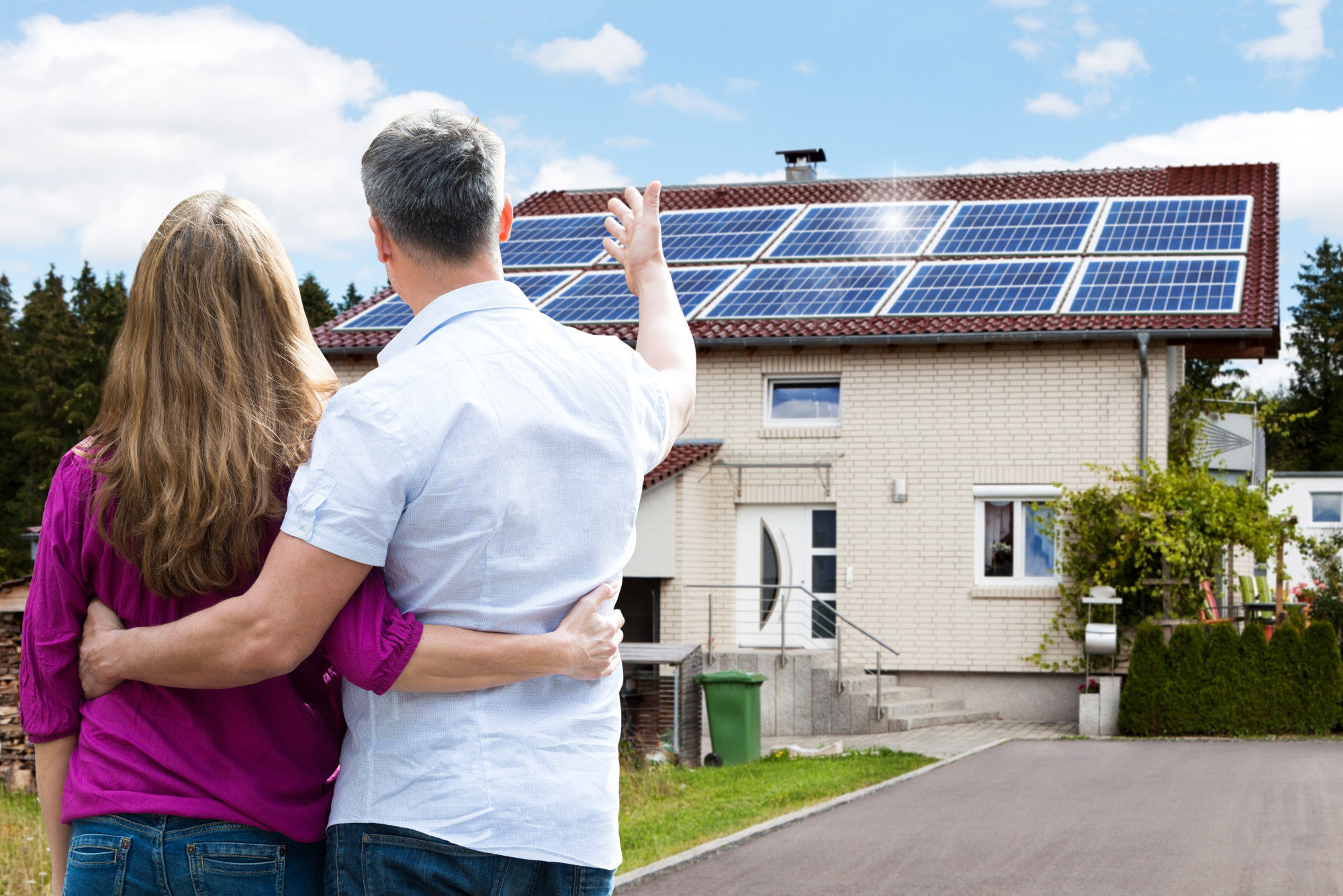Are you thinking of doing a DIY Solar Installation?
Not only is solar good for the environment, but it can also be good for your wallet. You can get a federal tax credit for installing solar on your residence.
Whether you do the installation on your own or have someone else do it, you still get the tax credit, so what are the pros and cons of doing it yourself? Continue reading this article to find out.
Pros of Going DIY
If you’re a DIY lover, it might be hard to think about going with a professional company. There are pros to going DIY, and here are the top pros.
Less Expensive
Solar panel installation isn’t inexpensive, and using a DIY solar kit can help you cut costs.
When you buy a solar kit, you only have to take care of the expense of the kit. There’s no labor to take care of, and you’ll only be putting your time in on the project, so if you’re tight on cash, this might be your best option.
Quick Installation
If you’re excited to get your solar in place, all you have to do is run to the store and grab a kit to get started.
On the other hand, if you’re using a professional installation company, you’re going to have to wait until they have time in their schedule to come to take care of the installation.
Depending on how busy the company is, they may not be able to get around to your project for weeks or even months in some areas.
Cons of Going DIY
Now that we’ve looked at some of the pros above let’s get into the cons. If you’re not a DIY pro, these cons can be a big problem.
Difficult to Get Set Up
While you can YouTube just about anything to see how to DIY your solar installation project, the setup process is still difficult.
If you aren’t familiar with electrical work and construction, you could run into some serious and dangerous problems.
You need to know how much solar you need even before you’re able to start on the installation. Once you do have your system and you’ve figured out if it is the right amount of solar for you, you need to know how to connect the panels and inverter as well as knowing how to route the wiring properly.
If you don’t know how to work with electricity, you may even up starting a fire or experience an electric shock.
Possible Limitations
When you’re installing solar panels on your home, you’ll find that most of the kits you can buy at the store are meant to be used off-grid. Before you try to connect your solar panel to the grid, you need to get any permits and a professional sign-off.
If you still want to access electricity from your local utility company, you’re going to have some problems until you get the permits and the sign-off took care of.
DIY Solar Installation – Yay or Nay?
Now that you know more about DIY solar installation, you can make an informed decision on whether or not doing a solar installation on your own is a good idea or not.
While some people might be handy, that isn’t the case with everyone. Knowing where you fall in the DIY or not to DIY category will make this project much easier.
Do you want to learn more about solar and other interesting topics?
Browse our site for more great articles on solar, home design, and more, drop a bookmark and come back soon to read more.

Leave a Reply